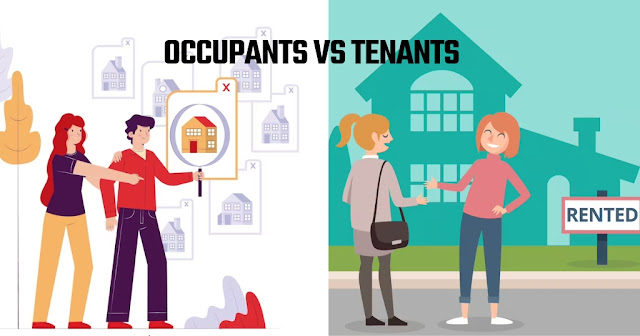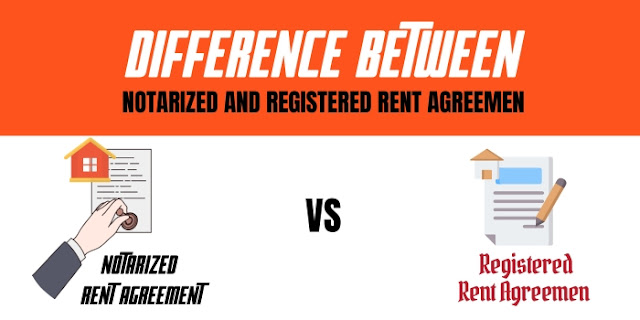Does An Occupant Have The Same Rights As A Tenant?
When it comes to renting a property, there can often be confusion around the legal rights of occupants versus tenants. While the two terms are often used interchangeably, they actually have different legal implications. In this article, we will explore the differences between occupants and tenants and their respective rights.
Occupants vs. Tenants
An occupant is someone who is living in a property but does not have a legal agreement or contract with the landlord. They may be living with a tenant or they may be living in the property without the landlord's knowledge or permission. In contrast, a tenant is someone who has a legal agreement or contract with the landlord to rent the property for a specific period of time.
Read - Are Online Tenancy Agreements Legal? And Stamp Duty and Home Loans
Legal Rights of Occupants
As an occupant, you do not have the same legal rights as a tenant. You are not protected by the same laws and regulations that govern the landlord-tenant relationship. For example, you cannot sue your landlord for violating the terms of a rental agreement because you do not have a rental agreement. Similarly, you cannot be evicted by the landlord because you are not technically a tenant.
However, occupants still have certain rights under the law. For example, if you are living with a tenant and the tenant has a legal agreement with the landlord, you cannot be evicted without notice. The landlord must follow the proper legal procedures to evict the tenant and you would be given notice as well. Additionally, if the landlord violates any health or safety regulations that affect you as an occupant, you may have the right to take legal action against them.
Legal Rights of Tenants
Tenants, on the other hand, have a number of legal rights under the law. These rights are outlined in the rental agreement, which is a legal contract between the tenant and landlord. The rental agreement sets out the terms and conditions of the tenancy, including the amount of rent, the length of the tenancy, and the obligations of the tenant and landlord.
One of the most important rights of a tenant is the right to a safe and habitable living environment. Landlords are required by law to provide a property that is in good repair and free from hazards. If the landlord fails to meet these obligations, the tenant may be able to take legal action against them.
Tenants also have the right to privacy. Landlords cannot enter the rental property without the tenant's permission or without giving proper notice. Additionally, landlords cannot discriminate against tenants based on their race, gender, religion, or other protected characteristics.
Rental Agreements Online
In today's digital age, many landlords and tenants are turning to rental agreements online. Online rental agreements offer a number of benefits over traditional paper agreements. They are often more convenient and can be completed quickly and easily from anywhere with an internet connection.
Online rental agreements are also more secure than paper agreements. They are often encrypted and stored in secure data centres, which helps to protect sensitive personal and financial information. Additionally, online rental agreements can be easily accessed and reviewed at any time, which can be helpful if there is a dispute between the landlord and tenant.
Conclusion
In conclusion, while occupants and tenants may seem similar, they have different legal rights under the law. As an occupant, you do not have the same legal protections as a tenant. However, you still have certain rights under the law, such as the right to a safe and healthy living environment.
Tenants have a number of legal rights under the law, including the right to a safe and habitable living environment, privacy, and protection against discrimination. Rental agreements are a legal contract between the tenant and landlord, and online rental agreements offer a convenient and secure way to create and manage these agreements.
Posted by Simmi



%20(18).jpg)